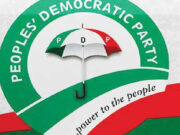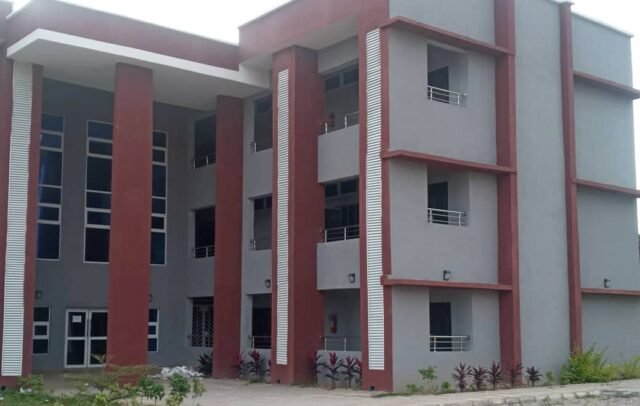In a bold and timely move, the Department of Finance at Ahmadu Bello University (ABU), Zaria, recently held its inaugural International Conference on Digital Transformation in Finance—a landmark event that underscores the university’s leadership role in shaping Nigeria’s digital financial future. Held on July 16, 2025, at the prestigious central bank-linked CBN Centre for Economics and Finance on Samaru campus, the conference brought together a distinguished gathering of academics, policymakers, fintech innovators, regulators, and industry leaders.
Table of Contents
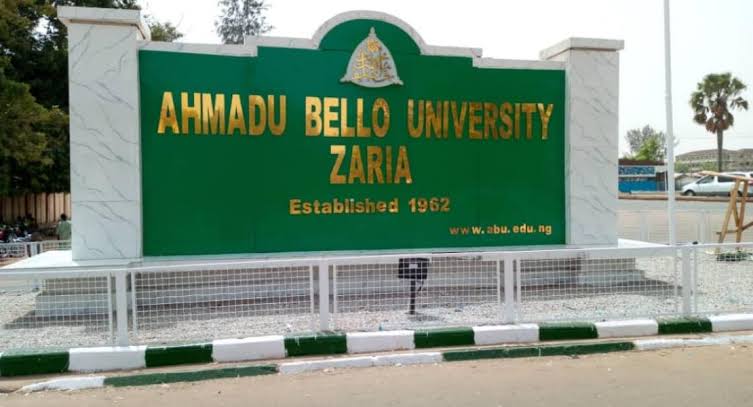
A Pivotal Moment for ABU and Nigeria
This international forum, themed “Digital Transformation: Navigating the New Frontier in the Financial Arena for Sustainable Development,” served as a dynamic platform for discourse on how emerging technologies—such as blockchain, artificial intelligence (AI), digital currencies, and fintech solutions—are reshaping financial systems both globally and within Nigeria. Participants delved into strategies for harnessing these technologies to foster resilient, inclusive, and sustainable financial ecosystems.
Leadership Speaks: Setting Academic and Industry Directions
- Professor Adamu Ahmed, Vice-Chancellor of ABU, delivered the opening remarks, commending the Department for organising such a transformative event. He dubbed it “timely” and in perfect alignment with the university’s mission of enhancing research impact, fostering industry collaborations, and nurturing innovation. His remarks reflected ABU’s growing footprint in national and global finance circles.
- The Head of the Department, Dr. Ibrahim Mohammed, in his welcoming note, emphasised that the conference transcended ordinary academic gatherings. He portrayed it as “a convergence of purpose,” aimed at advancing understanding and adoption of digital financial technologies to build more inclusive and resilient markets.
Regulatory Perspectives: Charting the Future of Digital Finance
Critical insights on regulation and policy came from leading authorities:
- Prof. Ahmad Sheikh Abdallah, OON, as Chairman of the occasion, elaborated on integrating zero-interest financial models within the broader tapestry of Islamic finance—a reflection of Nigeria’s multicultural financial fabric and evolving ethical finance dialogues.
- The Director General of the SEC, Dr. Timi Agama, represented by Dr. Hassan Suleiman, stressed the Securities and Exchange Commission’s growing focus on the digital market. He highlighted the Commission’s position on advancing market innovation while ensuring regulatory oversight.
- Dr. Kabiru Katata, Executive Director at the Nigerian Deposit Insurance Corporation (NDIC), provided the banking sector perspective. He outlined how digitalisation is transforming banking operations and emphasised NDIC’s supervisory role in safeguarding deposits and reinforcing customer trust.
Political and Legal Vision
- From a legislative standpoint, a goodwill message delivered by Dr. Auwal Mustapha Imam on behalf of Speaker Abbas Tajuddeen highlighted the importance of policy-oriented outcomes. He urged participants to craft recommendations that bolster Nigeria’s economic acceleration and digital resilience.
- The recently enacted Investment and Securities Act, 2025, was spotlighted by Malam Mairiga Aliyu Katuka, Chairman of the SEC Board, as a timely enabler fostering modern financial architectures.
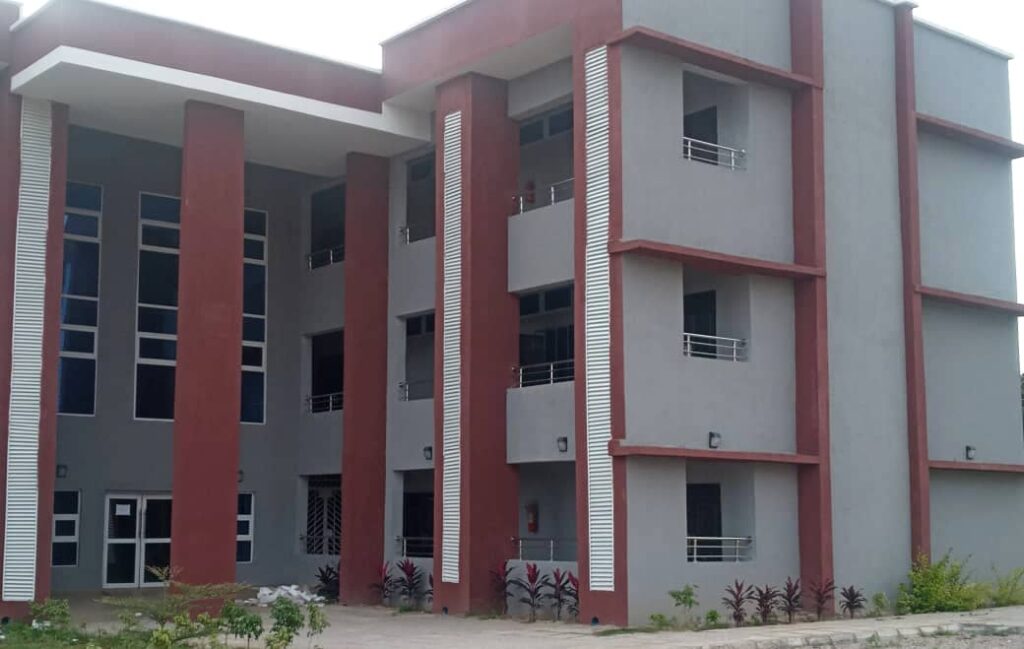
Private Sector & Community Engagement
Key private sector voices reinforced the need for deeper collaboration:
- Mr. Gbenga Alade, MD of AMCON, represented by Mr. Muhammad Taofeek, conveyed AMCON’s sustained interest in the dialogue’s outcomes and their alignment with asset management and financial restructuring dynamics.
- Mr. Amos Azi, Executive Chairman of the Investment and Securities Tribunal, represented by Dr. Abubakar Ahmad, noted fintech’s disruptive potential and emphasised the necessity for continuous interplay between policy architects and technology practitioners.
- The Emir of Zazzau, Malam Ahmad Nuhu Bamalli, represented by Architect Haruna Abubakar Bamalli, urged the conference delegates to produce a communiqué with pragmatic solutions to Nigeria’s socio-economic challenges while injecting cultural and moral sensibilities into the tech-financial narrative.
Convergence, Collaboration, and Next Steps
Concluding the conference, Professor Sani Abdullahi, Chair of the local organising committee, extended gratitude to ABU management, participants, sponsors, and partner institutions. His public acknowledgement emphasised that such an ambitious inaugural event would lay the groundwork for continuous academic-industry collaboration and foster future-focused training initiatives.
Why This Conference Matters
- Institutional Maturity: ABU’s decision to lead a digital finance dialogue illustrates its evolution from a national academic institution to a global thought leader in finance and innovation.
- Policy Relevance: The confluence of regulators, government institutions, and industry experts signals Nigerian authorities’ commitment to crafting policy frameworks that support secure and rapid fintech growth.
- Technological Leverage: Ongoing discussions about blockchain, AI, and digital currencies map financial sector vulnerability to global trends, pointing to enhanced efficiency, transparency, and inclusion.
- Cultural & Financial Harmony: By incorporating Islamic finance principles and emphasising zero-interest models, the conference paid due respect to diverse socio-cultural foundations inherent in Nigerian finance.
- Path to Implementation: The planned communiqué and action points symbolise a shift from discourse to action, creating practical pathways for fintech adoption, risk mitigation, and regulatory preparedness.
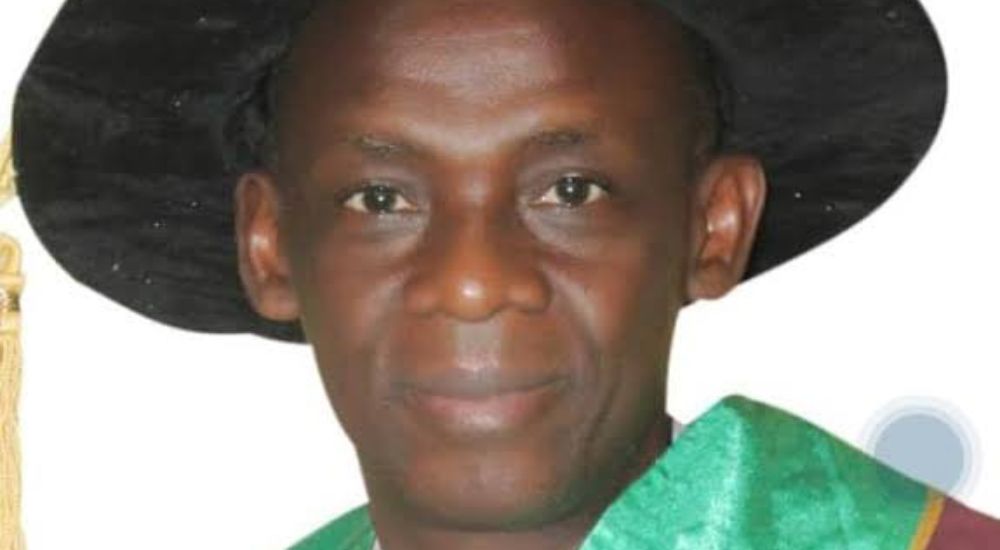
Vision for the Future
On the heels of this historic gathering, the Department of Finance at ABU is positioning itself to catalyse subsequent scholarly debates, policy whitepapers, and multi-stakeholder digital-fintech initiatives. Its next steps could include:
- Coordinating collaborative research and cross-border studies on fintech solutions tailored for African markets.
- Launching short courses and professional development programs in partnership with fintech companies, regulators, and international bodies.
- Monitoring and evaluating outcomes from conference recommendations to shape future policy decisions and financial frameworks.
Conclusion
The ABU Department of Finance International Conference on Digital Finance, held on July 16, 2025, marked a turning point in Nigeria’s financial evolution. Bringing together diverse stakeholders—from academia and regulators to lawmakers and traditional leaders—the event fostered meaningful dialogue on technological innovation and inclusive finance. It wasn’t merely a conversation but a blueprint for strategic action and sustainable change, positioning ABU as a guiding light in Africa’s fintech narrative.
With the stage now set, the next critical steps involve implementing the conference’s resolutions, sustaining momentum through research and training, and charting a path towards a digitally inclusive and economically transformed Nigeria.
Join Our Social Media Channels:
WhatsApp: NaijaEyes
Facebook: NaijaEyes
Twitter: NaijaEyes
Instagram: NaijaEyes
TikTok: NaijaEyes
READ THE LATEST EDUCATION NEWS









